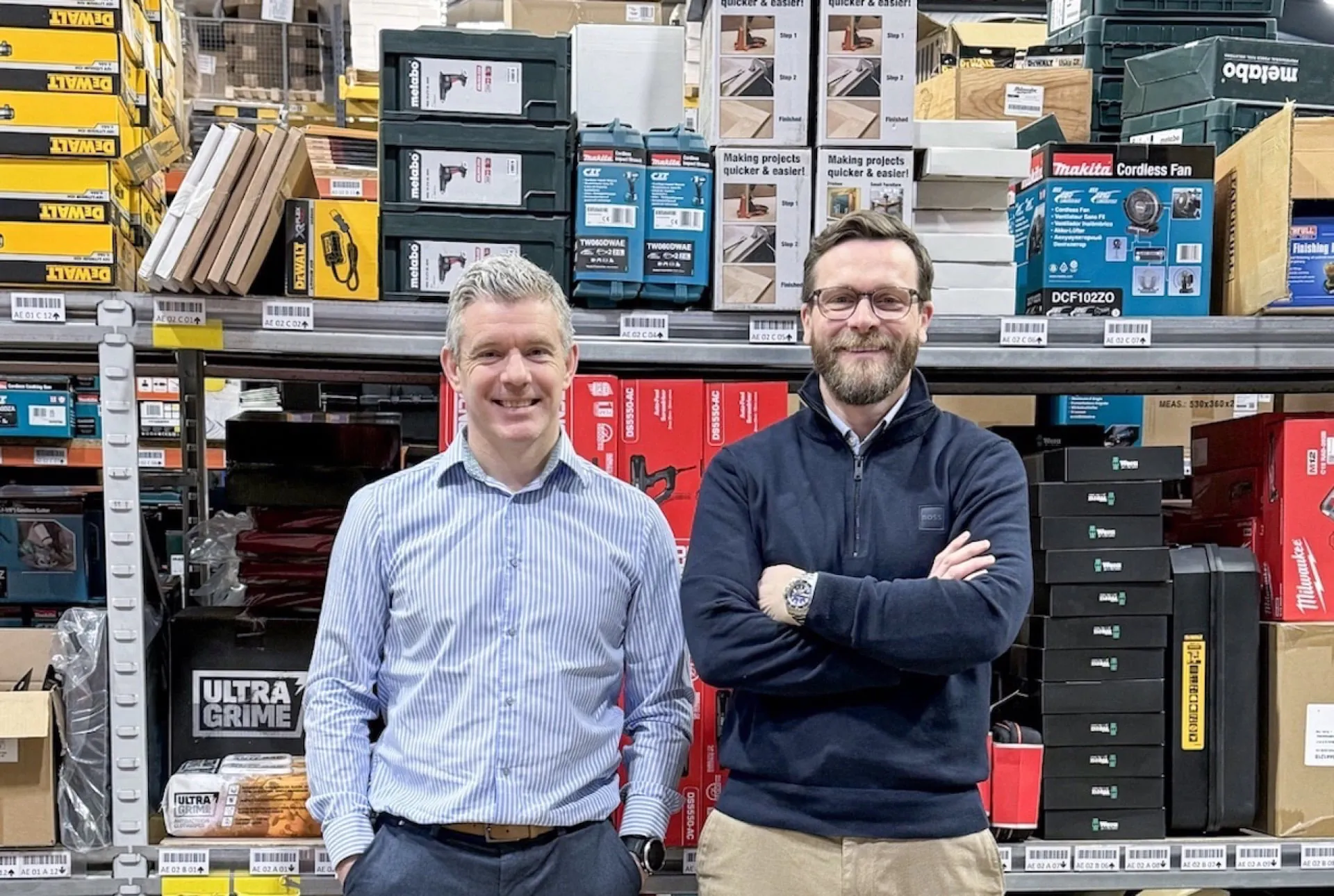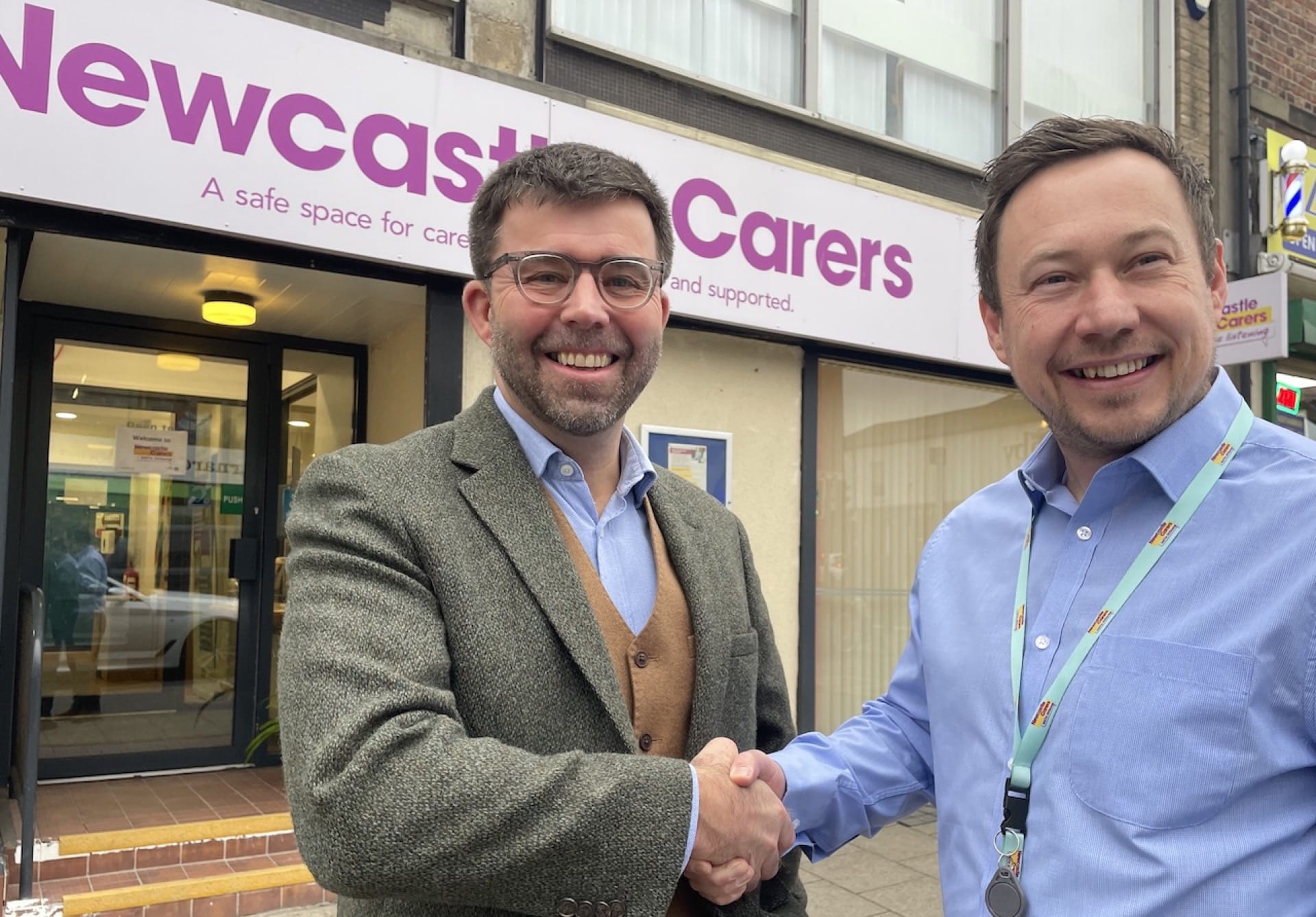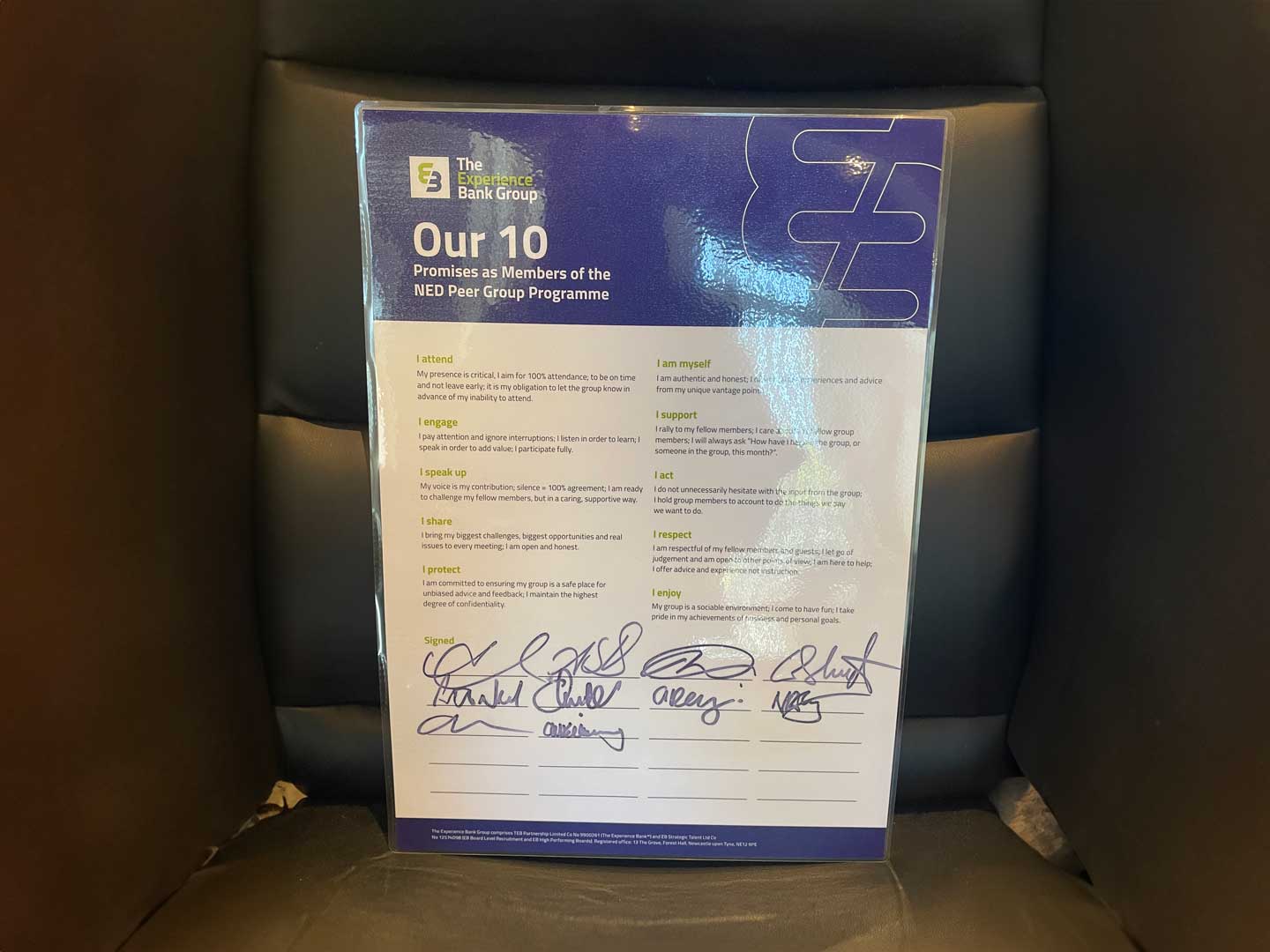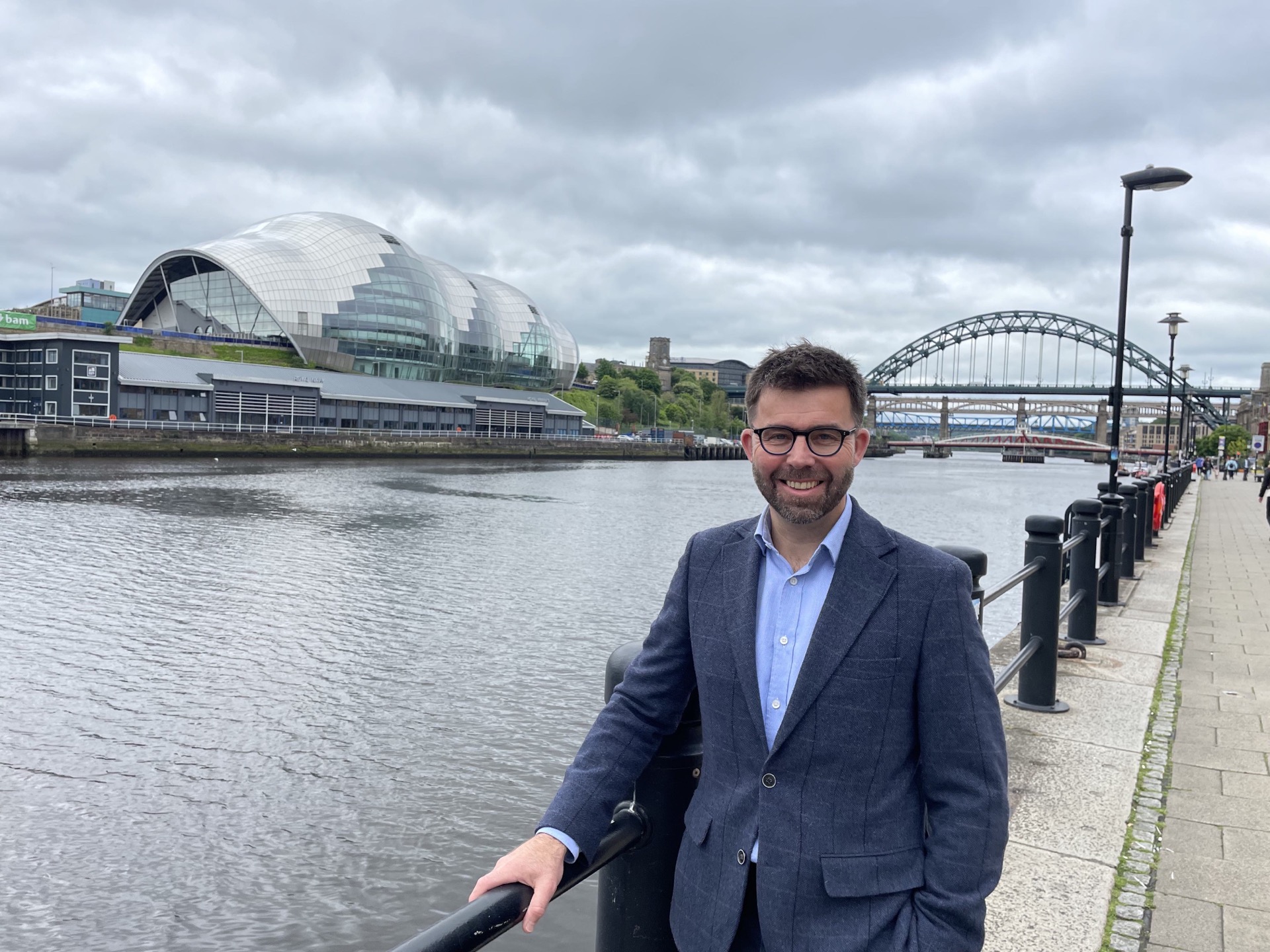

In the fourth interview of the series, Professor Philip Shrives and Tracey Wilson ask Andrew Marsh about his experience with NEDs. Andrew shares the benefits and challenges he has faced both recruiting NEDs and, in his capacity as one.
In large businesses NEDs are commonplace, there is an established network of international talent and even if one of the directors does not have knowledge of or access to that network it is highly likely that other board members will do. So why is it a challenge for SMEs to engage with NEDs and vice-versa?
Andrew applied his experience to this problem, outlining the key difficulties he thinks SMEs face:
“I think it’s lack of knowledge… most people, when you are running your own company, if you are in a SME or start-up mode, you just don’t know what a non-exec is supposed to do.”
Having taken the decision to engage with a NED it is often a challenging process as expectations can vary significantly, even to the extent that a SME may think they want a NED but may in fact need a consultant or mentor. “…some people tell me they have hired a non-exec because of their black book, that’s not a non-exec in true sense that, to me, is a consultant or almost an adviser or an active director.”
Another pit-fall SMEs must navigate is investment. SMEs, when seeking investment often ‘inherit’ Board Members as part of the deal. Andrew outlined an example a colleague has experienced; “why did (she) have a board and how did she find them, she only inherited them, because she asked for money and got investors.
…they insist on putting in allegedly an observer, but effectively a shadow director… and their only interest is the investment.”
This leads to the vital issue of trust, which has been an important theme in each of the interviews so far, Andrew recalls “from all of my non-execs I have learnt something, so what’s really important is relationship and rapport with that non-exec. I don’t have to like the person but I have to trust them. …because a good non-exec relationship is going to (be) complex.”
“The true sense of a non-exec, is that they are independent, they are questioning the answers.”
Andrew shared a key learning experience from earlier in his career that shaped his own approach toward the NED role; he had a NED who would “just keep asking questions which were open ended, I found that really annoying, because I was looking at him going ‘hang on I expect you to be have the answer, what are you asking me for?’” However, he reflects “that has fundamentally help me change… without that learning I don’t think I would be able to do what I do now.” An approach he now takes with his own clients is “I’m not going to impose my thinking but what I’m just going to do is challenge to make sure that we get to the right level of thinking.”
In addition to challenging the board, NEDs provide key functions that someone external to the company can do particularly effectively. “(The) second thing that I found really helpful ‘So What?’ …you know the vision, you know what we’re trying to do, how does this solve that problem? How does it get quicker or how does it get cheaper? …it really has that sharp focus.
The final thing… the value I got out of them, they held me to account, so once I made my decision I have to act on it, I have to execute.”
Addressing aspiring NEDs, “If a new person tried to come in, you want to have the experience but how do you get that? Should you do a qualification? This is a body that I can trust, and I use the trust word quite a lot, that I can trust that will give me really good advice on how to be a non-exec…
It will also treat me fairly, give me opportunities to be a non-exec. So, in other words it’s not the old boys club…
And thirdly it’s going to bring me together with like-minded people”
For established NEDs it offers a real opportunity to make a difference:
“There are too many people aiming to be part of the old boys network or there are too many people who are just use a non-exec post as a pay cheque and will just turn for the day rate.
For me, the Experience Bank is different, these are not people who are inspired about that, the monetary return is different, it’s about being able to give back”
Finally, for SMEs:
“For me the big benefit for the SMEs is that there is no hard sell here. If you don’t understand what a non-exec can do for you come and talk to us, we will help you understand what your priorities are, what you trying to do, whether non-exec-wise or mentor-wise or something else-wise because we are not for profit. The people we deal with trust us that these will be the right people for them …and finally we will help you work out what good looks like”.
The Experience Bank is committed to providing a trustworthy educational service, alongside independent, impartial advice that is not investment biased. In many ways its approach is exactly what it espouses a ‘good’ NED should be; with the goal of helping SMEs & NEDs grow and learn to achieve the best possible outcomes.
Professor Philip Shrives is professor of accounting and corporate governance and Head of Department – Accounting and Financial Management, Northumbria Business School.
Tracey Wilson is Associate Head of Department – Accounting and Financial Management, Northumbria University.
The interview was conducted as part of a joint research project between Professor Philip Shrives and Tracey Wilson, Northumbria University and the Experience Bank into the value non-executive directors can bring to North East firms.
If you would like to know more about the project or are keen to get involved please contact either tracey.wilson@northumbria.ac.uk or Peter Neal peter@theexperiencebank.co.uk.




